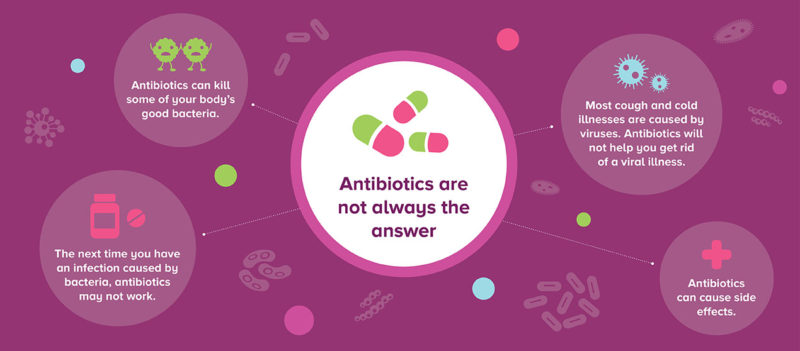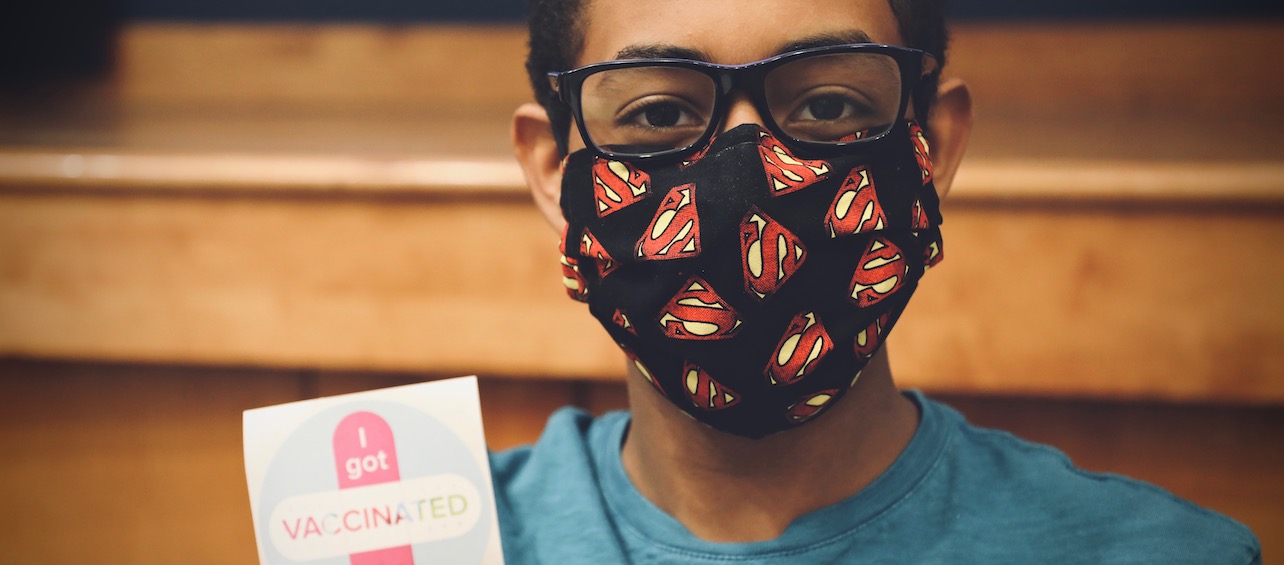As parents, we’ve all been there. Yesterday your child was down and out with a fever, this morning he’s done a complete 180 and is raring to go. So do you allow him to go to school or keep him home? It’s not always an easy decision, as there are many gray areas when it comes to minor childhood illnesses.
With the cold, flu, stomach bug, strep throat (I could go on!) season upon us, I thought it might be helpful to have a list of scenarios for when you definitely should keep your child home.
When to Keep Your Child Home From School
If your child has one of the following symptoms, it’s best for her to take a sick day:
- Fever
Many schools have a rule that your child needs to be fever free for 24-hours prior to returning to school – without the aid of fever-reducing medications. This measure helps to ensure that your child is feeling better and no longer contagious. Most schools define fever as anything higher than 100.4. - Diarrhea
It would be difficult for your child to attend school if he is having to run to the bathroom multiple times per day or even per class. Diarrhea can last up to a week or longer, so plan to keep him home until the stools are controllable and more formed. Keep in mind that diarrhea is highly contagious, and the best form of prevention is hand washing. - Vomiting
This scenario is pretty straightforward. If your child is vomiting, she should not go to school until she has been vomit free for 24 hours. Again, the viruses that cause vomiting are highly contagious, so hand washing is key to preventing the spread of the illness. - Cough/Congestion
Minor coughing is usually not a problem. However, there are cases in which coughing and nasal congestion should warrant staying at home, such as:- coughing/blowing nose so much that your child will disturb the class
- coughing and also feeling tired with a poor appetite
- coughing/blowing nose so much that your child won’t be able to pay attention
- Sore Throat with Fever
A sore throat can be a sign of a viral or bacterial infection. And if your child has a fever along with the sore throat, you should keep him home. It could be strep throat and he should be evaluated by a doctor. If he has a sore throat with cold symptoms, it is most likely a viral infection and can go back to school whenever he feels better. - Rash
A rash can be a sign of a bacterial skin infection, which can be contagious. Keep her home until she is evaluated by a doctor. - Flu-Like Illness
The flu can last anywhere from five to seven days, and your child will be contagious until the fever breaks. Keep your child home until the fever is gone for 24 hours and she feels awake and alert enough to participate in class.
Keeping your child home with the above symptoms will ensure that your child is well rested and ready to learn when he’s at school. It will also help prevent the spread of illness, and for that I’m sure both his teachers and classmates’ parents will thank you!






Beyond helpful advice thank you.